Table of Contents
Mulling spice is a warm, aromatic blend of whole spices primarily used to flavor hot beverages during colder months. It typically contains cinnamon, cloves, nutmeg, and orange peel, creating a sweet, spicy, and citrusy flavor profile. This spice mix is not a single spice but a combination designed specifically for mulled drinks like wine, tea, and hot chocolate.
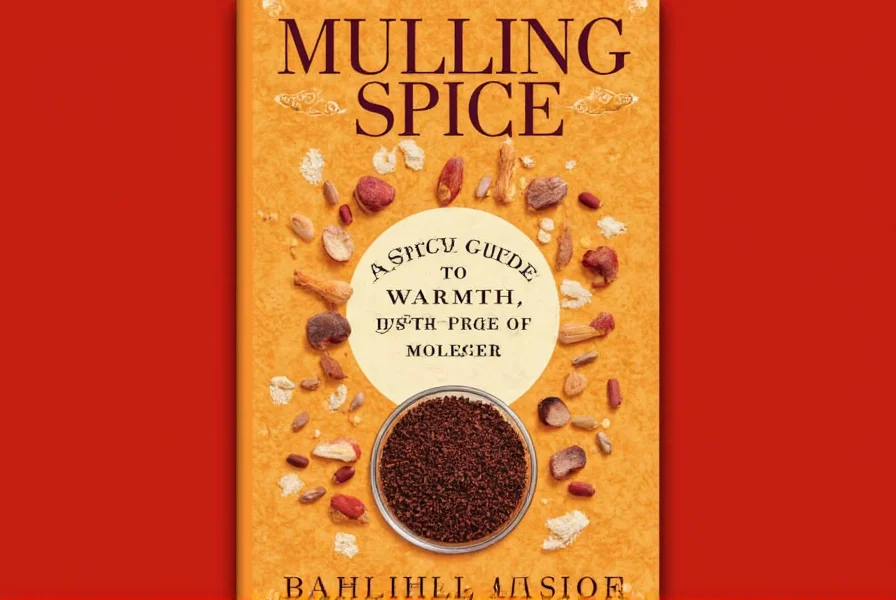
The primary purpose of mulling spice is to infuse warmth and seasonal flavor into beverages. Unlike general spice blends, it's formulated for immediate use in hot liquids and doesn't require additional cooking techniques. Its origins trace back to medieval Europe where spices were valued for both flavor and preservation during winter months.
| Spice Blend | Main Ingredients | Flavor Profile | Common Uses |
|---|---|---|---|
| Mulling Spice | Cinnamon, Cloves, Nutmeg, Orange Peel | Warm, sweet, and slightly citrusy | Mulled wine, tea, hot chocolate |
| Garam Masala | Cumin, Coriander, Cardamom, Cinnamon | Earthy, fragrant, and complex | Indian cuisine, curries, meats |
| Chai Spice | Cinnamon, Cardamom, Cloves, Ginger | Spicy, sweet, and aromatic | Tea, coffee, baked goods |
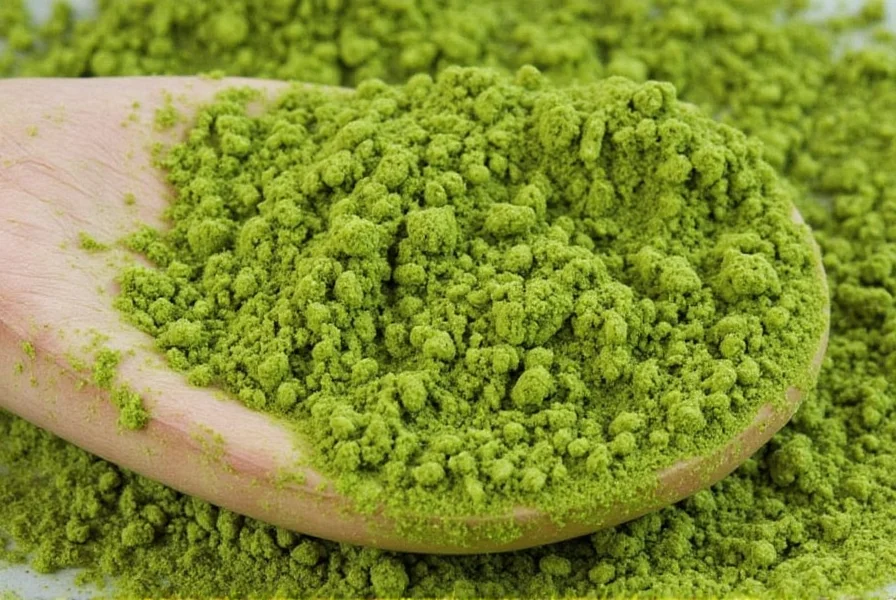
While mulling spice shares ingredients with other blends, its unique combination focuses on creating a cozy, comforting flavor for hot beverages rather than savory dishes. The orange peel component is particularly distinctive, adding brightness that balances the sweetness of cinnamon and warmth of cloves.
How to Use Mulling Spice
Mulling spice is designed for simple infusion into hot liquids. Here's how to use it effectively:
- For mulled wine: Add 1-2 tablespoons of mulling spice to 1 bottle of red wine. Simmer gently for 15-20 minutes with orange slices and 2-3 tablespoons of honey. Strain before serving.
- For tea: Steep 1 teaspoon of mulling spice in 8oz hot water for 5 minutes. Add milk or honey to taste. Works best with black tea or herbal blends like rooibos.
- For hot chocolate: Stir 1/2 teaspoon of mulling spice into 1 cup of hot chocolate. The spices enhance cocoa's richness without overpowering it.
- For baked goods: Add 1-2 teaspoons to cookie dough or cake batter for seasonal flavor. Best used in recipes where the spice can distribute evenly.
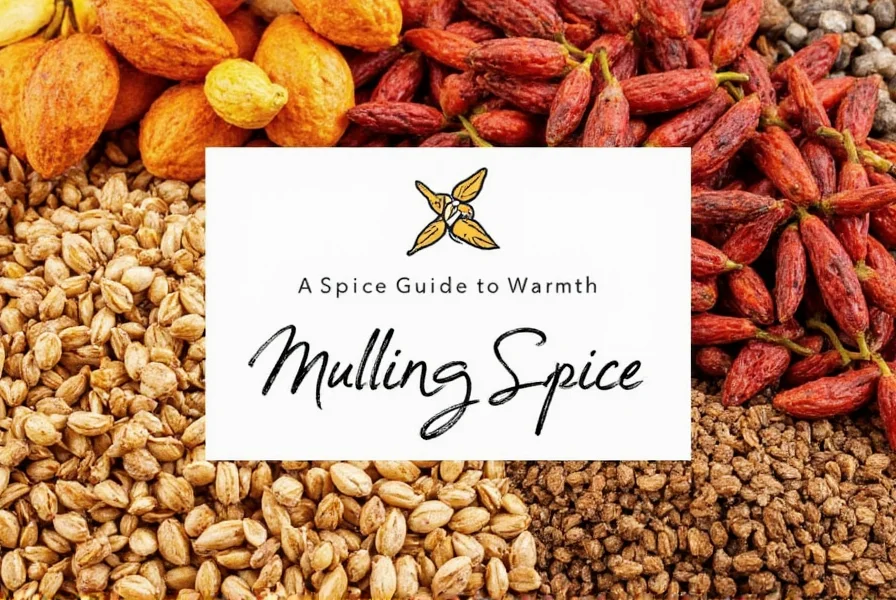
Key tip: Never boil mulling spice directly as it can make flavors bitter. Always simmer gently to preserve the delicate aromatic compounds.
Practical Tips for Using Mulling Spice
- Use whole spices when possible: Whole cinnamon sticks and cloves release flavor more gradually than ground versions, creating better depth. For best results, grind spices fresh before use.
- Storage matters: Keep in an airtight glass jar away from light and heat. Properly stored, mulling spice maintains potency for 6-8 months.
- Customize your blend: Add star anise for extra warmth or allspice for complexity. For citrus-forward blends, increase orange peel ratio.
- Reusability: After steeping, the spice blend can be reused once for weaker infusions by adding fresh hot liquid.
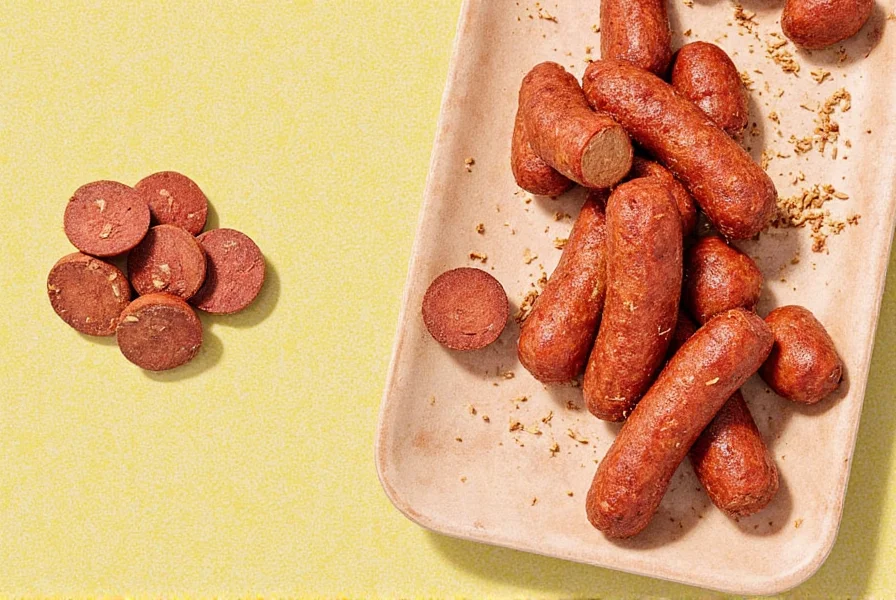
Buying Guide: What to Look For
When purchasing mulling spice, prioritize these factors:
- Ingredient transparency: Look for blends listing specific spices (e.g., "Ceylon cinnamon" not just "cinnamon") and avoiding artificial flavors or fillers.
- Whole vs. ground: Whole spices retain flavor longer. Ground blends are convenient but lose potency faster.
- Brand reputation: Trusted brands like McCormick, Penzey's, and The Spice House offer consistent quality with clear sourcing information.
- Packaging quality: Choose resealable containers with opaque or dark glass to protect from light degradation.
- Specialty blends: Some brands offer region-specific blends (e.g., German-style with ginger, Scandinavian with cardamom). Match to your intended use.
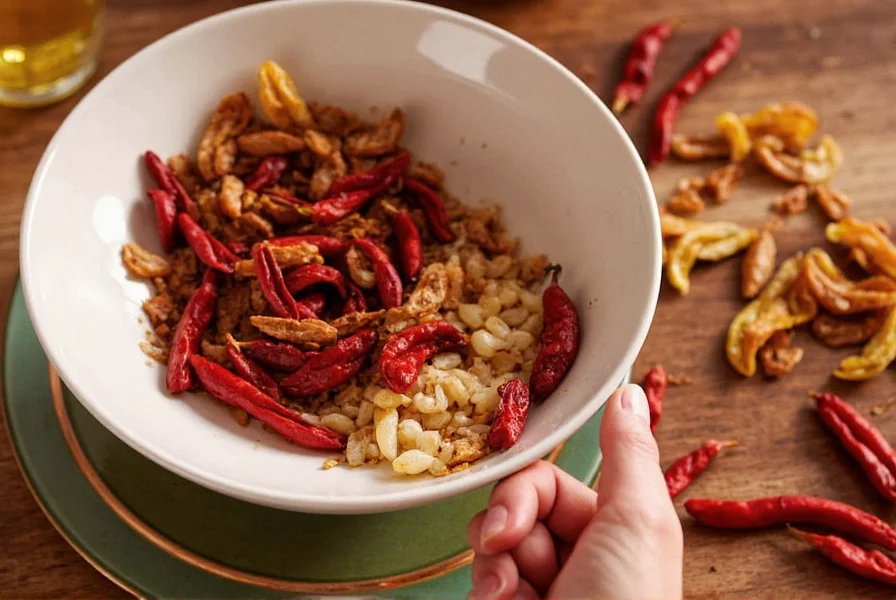
For most home uses, a simple cinnamon-cloves-nutmeg-orange peel blend is ideal. Avoid blends with excessive sugar or artificial additives that compromise flavor authenticity.
Conclusion
Mulling spice is a specialized spice blend designed specifically for warming beverages during colder months. Its unique combination of cinnamon, cloves, nutmeg, and orange peel creates a balanced, aromatic flavor profile that enhances hot drinks without overpowering them. Unlike general spice mixes, it's formulated for quick infusion in liquids rather than cooking, making it perfect for seasonal beverages. By understanding its proper use and selecting quality products, you can easily create comforting, flavorful drinks that capture the essence of winter holidays.

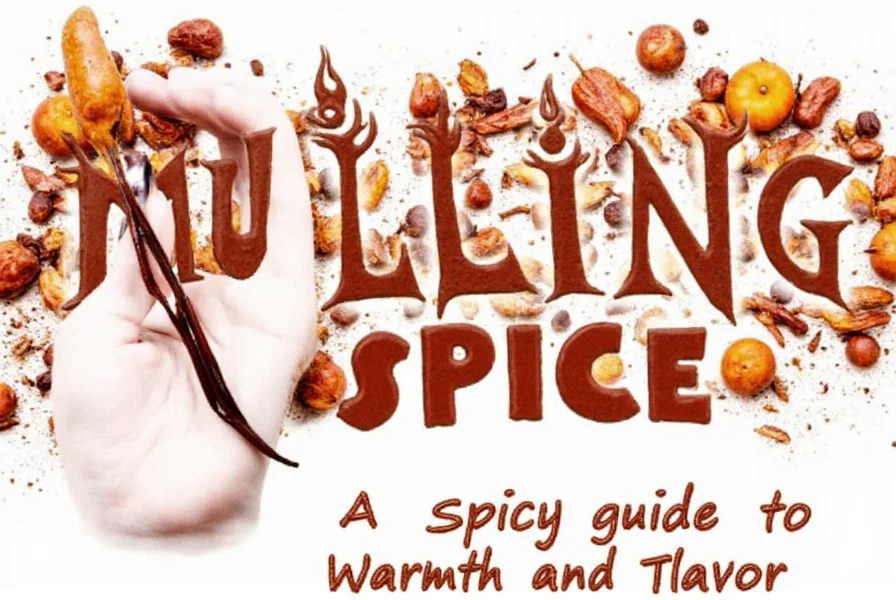









 浙公网安备
33010002000092号
浙公网安备
33010002000092号 浙B2-20120091-4
浙B2-20120091-4